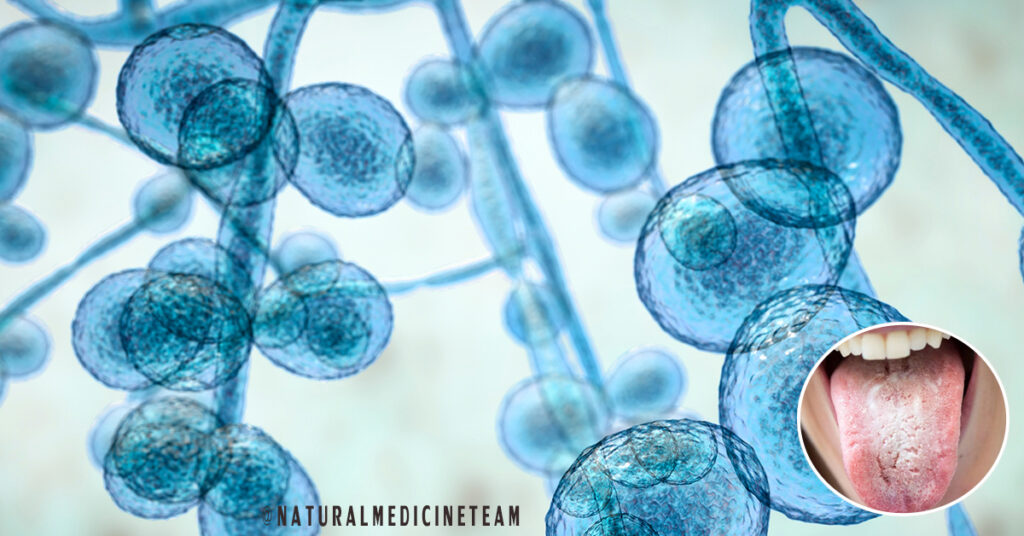Candida is a fungus that affects our organisms and greatly affects the quality of life.
Even ¾ of all patients with candida are women, and in about 10% of them, it causes some more serious consequences. There are more than 20 species of this fungus, but the most common infection in humans is Candida Albicans.
When the immune system weakens, the candidiasis, which otherwise lives normally in our body, begins to grow and multiply too fast and then attacks our body. Candida is the cause of candidiasis. The disease affects the mucous membranes of the mouth and genitals.

In severe cases, inflammation interferes with the normal function of internal organs and develops into a chronic form. Products that inhibit the growth of harmful microflora also help prevent this unwanted condition caused by the candidiasis.
To prevent its growth and development, here is a list of food you should eat:
- Sauerkraut,
- Malic acid,
- Coconut oil,
- Starch-free vegetables (cucumber, tomato, and onion),
- Garlic,
- Flaxseed,
- Spices (bay leaf, cloves, cinnamon),
- Kefir,
- Olive oil,
- Bone broth.
Table of Contents
7 signs that you are facing CANDIDA and how to fight it
The natural human microflora is composed not only of bacteria but also of a variety of microorganisms, including fungi, which includes yeasts of the genus Candida. Candida, in smaller quantities, is typically present in the oral cavity, skin, genitals, and small intestine.
At normal, lower concentrations, this yeast fungus should not cause any problems. However, if it starts to multiply uncontrollably, it can lead to an infection called candidiasis.
How do problems with candida occur?
Most often, the beneficial microflora bacteria keep the growth of the candida under control. However, if there are any disturbances in the microflora or the action of the immune system, the candida may begin to multiply intensively.
Here are the 7 most common and scientifically proven risk factors that lead to uncontrolled candida growth and infections:
- Antibiotic therapy,
- A diet rich in sugars and refined carbohydrates,
- Excessive consumption of alcohol,
- Impaired immune system,
- Oral contraception,
- Diabetes,
- High levels of chronic stress
The health problems that can be caused by infection with this microorganism are various.
7 symptoms by which you can recognize candida infection:
Mouth infection
This infection most often develops in infants, the elderly, and those with impaired immunity. Also at risk are those who do not maintain good oral hygiene.
The symptoms are white, noticeable plaques along with the tongue, but also on the inside of the cheeks, gums, tonsils, or throat.
Such lesions can cause pain, but can also bleed on rough contact. In the worst case, the infection can spread to the esophagus and cause pain when swallowing.
A strong feeling of fatigue
One of the most common symptoms of candida infection is chronic, unexplained fatigue. Although there is no evidence that the candida can cause fatigue, there are several ways in which she can contribute to this feeling.
Candidiasis is usually accompanied by a lack of some nutrients, such as vitamin B6, magnesium, omega 3 fatty acids, etc. Magnesium deficiency can cause fatigue.
Candida infections also often occur when the immune system is weakened. This condition can also lead to a feeling of chronic fatigue.

